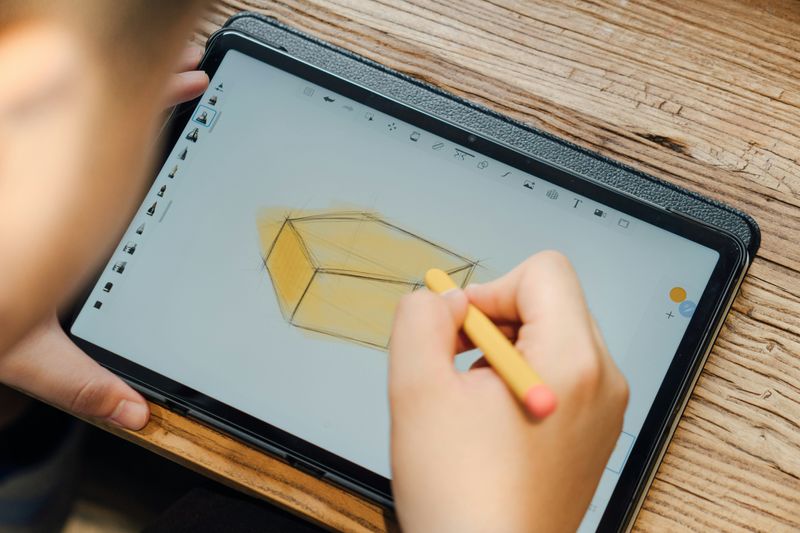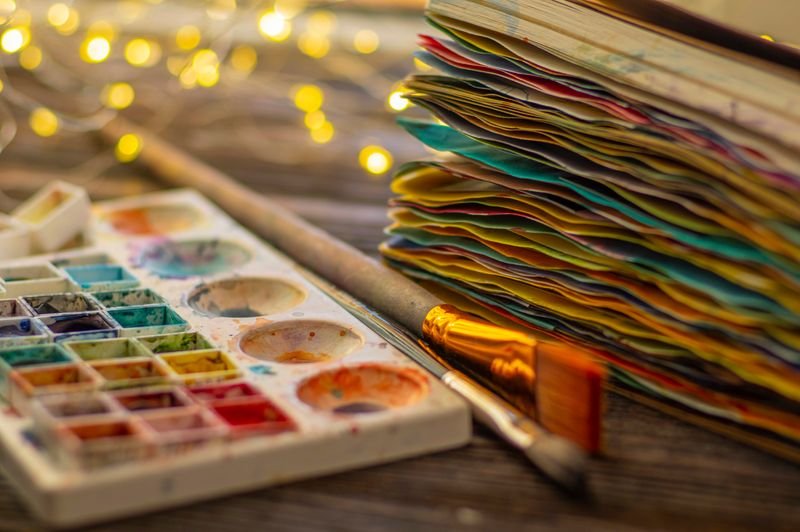 Photo by Elena Mozhvilo on Unsplash
Photo by Elena Mozhvilo on UnsplashJordan thought he nailed his art project, but when he got it back, the grade was a disappointment. What went wrong?
Many people think good art grades are all about talent, but there's much more to it than that!
1. Understand the Expectations
While art class allows room for experimentation and personal interpretation, success still relies on following the project requirements.
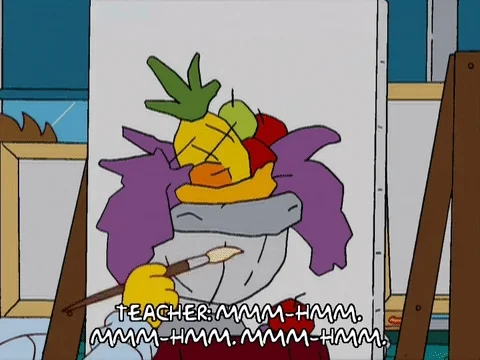
Make sure to:
Review instructions: Start by reviewing the available syllabus, rubric, or instructions to understand how your work will be graded, when projects are due, and what participation involves.
Ask questions: If you're unsure about anything, don't hesitate to ask your teacher for clarification. They appreciate when students take the initiative and want to succeed.
2. Time Management
Managing your time can make a huge difference in how your art projects turn out and make the process way less stressful.
Try these time management strategies:
Get started early: Art projects often take more time than expected, so start assignments early to avoid last-minute work.
Set a time frame: Break down large projects into smaller tasks, such as brainstorming, sketching, and final draft.
Don’t rush the process: Art is about thoughtfulness and intention, not speed. Pay attention to little details, because they can make a big difference in your grade.
3. Practice Makes Perfect
Building your artistic skills takes consistent effort, and practicing regularly is the most effective way to improve.
Practice means:
Start a daily routine: Dedicate 10 minutes every day to sketching, focusing on concepts you’ve learned in class, like the elements of art: line, shape, texture, form, space, color, and value.
Draw from references: Use photos, real-life objects, or scenes around you to improve your drawing skills. This helps train your eye to see details more accurately.
Experiment with mediums: Try out different tools and materials, such as charcoal, watercolor, or digital art, to discover what suits your style and broadens your technical abilities.
4. Find Inspiration
Feeling stuck? Sometimes the best ideas come when you least expect them, but there are some ways to spark your creativity.
Try these strategies for boosting creativity:
Go for a walk: Studies show that going for a walk significantly increases creative thinking.
Surround yourself with what inspires you: Find places and activities that make you feel energized, like going to the movie theater or listening to music.
Daydream: Find a calm environment, free of electronics, and let your mind wander to activate your imagination.
Visit art galleries: Gain a fresh perspective by seeing how other artists approach their work.
Quiz
Shireen wants to improve her art skills and has bought a sketchbook to practice, but she’s unsure how to get started. What should she do? Select all that apply:
5. Express Yourself!
Art isn’t just about how well you can draw or paint, it’s also about what your artwork says.
Do you want your artwork to express a specific emotion, explore a meaningful topic, or reflect your personal values?
Connect to your emotions. Focus on how you feel and what you want to express through your art. When you put your personal vision into your work, it will stand out and show the teacher that you're invested in the process.
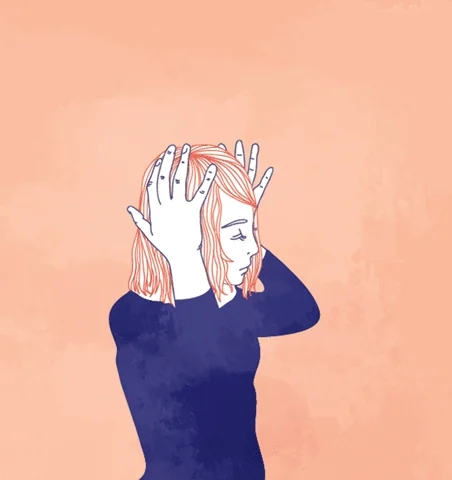
6. Seek Feedback
To learn how to get good grades in art class, it’s essential to engage with your teacher’s guidance throughout the creative process.
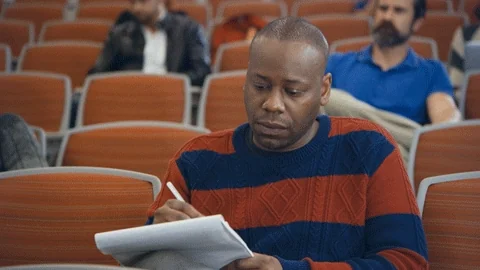
Use these tips:
Don’t wait until the final grade: Ask your teacher for feedback on drafts or works-in-progress, and use their input to make improvements. You can also seek advice from online forums like WetCanvas, where you can get constructive feedback from fellow artists.
Consider past feedback: Your teacher's comments are a valuable tool for improving your work and getting good grades in art class. Learning from past feedback not only improves your current work but also helps you recognize patterns in what needs improvement.
Take Action
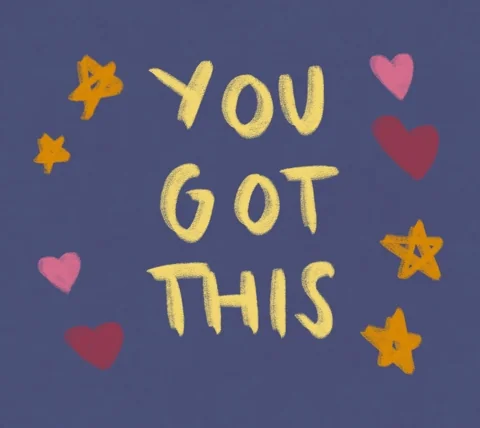
With enough time, energy, and focus, you can get good grades in art class! To continue improving your skills:
Your feedback matters to us.
This Byte helped me better understand the topic.


